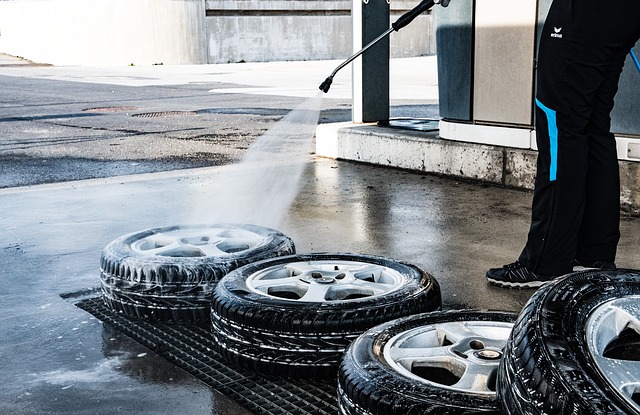As a homeowner, there are numerous factors that contribute to the smooth operation and functionality of your plumbing system. From leaky faucets to clogged drains, the challenges can seem endless. One critical element that often goes unnoticed is water pressure. The pressure at which water flows through your pipes and fixtures can have a significant impact on your daily life. In this article, we will delve into the importance of water pressure, its effects on your plumbing, and how a local plumber can help you maintain an optimal water pressure level.
Why Does Water Pressure Matter?
Before we dive deeper into the subject, it is essential to understand the basics of water pressure. In simple terms, water pressure refers to the force with which water moves through your plumbing system. This force allows water to reach all your fixtures, providing you with the necessary flow for various activities, such as showering, washing dishes, or doing laundry.
Optimal water pressure is crucial as it ensures maximum efficiency and convenience in your daily tasks. When the water pressure is too low, you may encounter weak flows from faucets and showers, making even the simplest chores time-consuming and frustrating. On the other hand, excessive water pressure can lead to various issues, such as leaks, burst pipes, and damage to your appliances.
Common Causes of Low Water Pressure
If you have been experiencing weak water flow in your home, several factors could be contributing to the problem. Initially, check if your entire house is affected or if it’s isolated to a specific faucet or fixture. If it’s a widespread issue, a larger problem may be at play, and it is advisable to contact a professional plumber in Carlsbad to diagnose and fix the problem.
Possible causes of low water pressure include:
- Leakages: Undetected leaks in your plumbing system can significantly impact water pressure. Even minor leaks can gradually reduce water pressure throughout your home.
- Clogs and blockages: Over time, mineral deposits, debris, or sediment can accumulate within your pipes, restricting the smooth flow of water. This buildup can occur in both the main water line and individual fixtures, leading to reduced water pressure.
- Pipe damage: Cracked, corroded, or damaged pipes can result in leaks and reduced water pressure. Aging pipes are particularly susceptible to deterioration, necessitating attention.
- Municipal water supply issues: Occasionally, low water pressure may be beyond your control and the responsibility of your local water municipality. Construction, maintenance, or water main breaks can temporarily affect the pressure in your area.
The Dangers of High Water Pressure
While low water pressure poses its own set of problems, high water pressure can be equally troublesome. A common misconception is that higher pressure equates to better performance, but that’s not the case. Excessive water pressure can lead to:
- Leakages: High water pressure puts strain on your pipes, causing them to weaken over time. These weakened areas are more prone to leaks and potential pipe bursts.
- Damaged fixtures: Faucets, showerheads, and other fixtures are designed to withstand a certain level of water pressure. If the pressure exceeds their limits, it can cause leaks or even damage them beyond repair.
- Increased water consumption: High water pressure often leads to wasteful water usage, as it encourages the rapid flow of water. This can result in higher water bills.
Balancing Water Pressure for Optimal Performance
To maintain an optimal water pressure level in your home, it is essential to find the right balance. Consulting with a professional plumber from Carlsbad can help you identify the ideal water pressure specific to your plumbing system and make necessary adjustments. They can determine the cause of any pressure-related issues and implement appropriate solutions, ensuring you have consistent, reliable water flow throughout your home.
Some common solutions for water pressure problems include:
- Pressure regulators: Installing pressure regulators at the main water supply point can help control water pressure, preventing both low and high-pressure scenarios.
- Pipe replacement or repair: Addressing any damaged or corroded pipes can prevent leaks and improve water pressure. A qualified plumber can assess the condition of your pipes and recommend necessary repairs or replacements.
- Water softeners and filters: If mineral deposits are causing blockages and reducing water pressure, installing water softeners or filters can mitigate these issues.
In conclusion, water pressure is a crucial aspect of your home’s plumbing system that deserves careful consideration. Whether your water pressure is too low or too high, it can lead to various inconveniences, damage, and water waste. Identifying the underlying causes and seeking the assistance of a professional plumber in Carlsbad is vital to maintaining the optimal water pressure necessary for a functional and efficient home. Don’t overlook this critical aspect of your plumbing system, reach out to a local plumber today and ensure your water pressure is well-balanced for all your daily needs.

